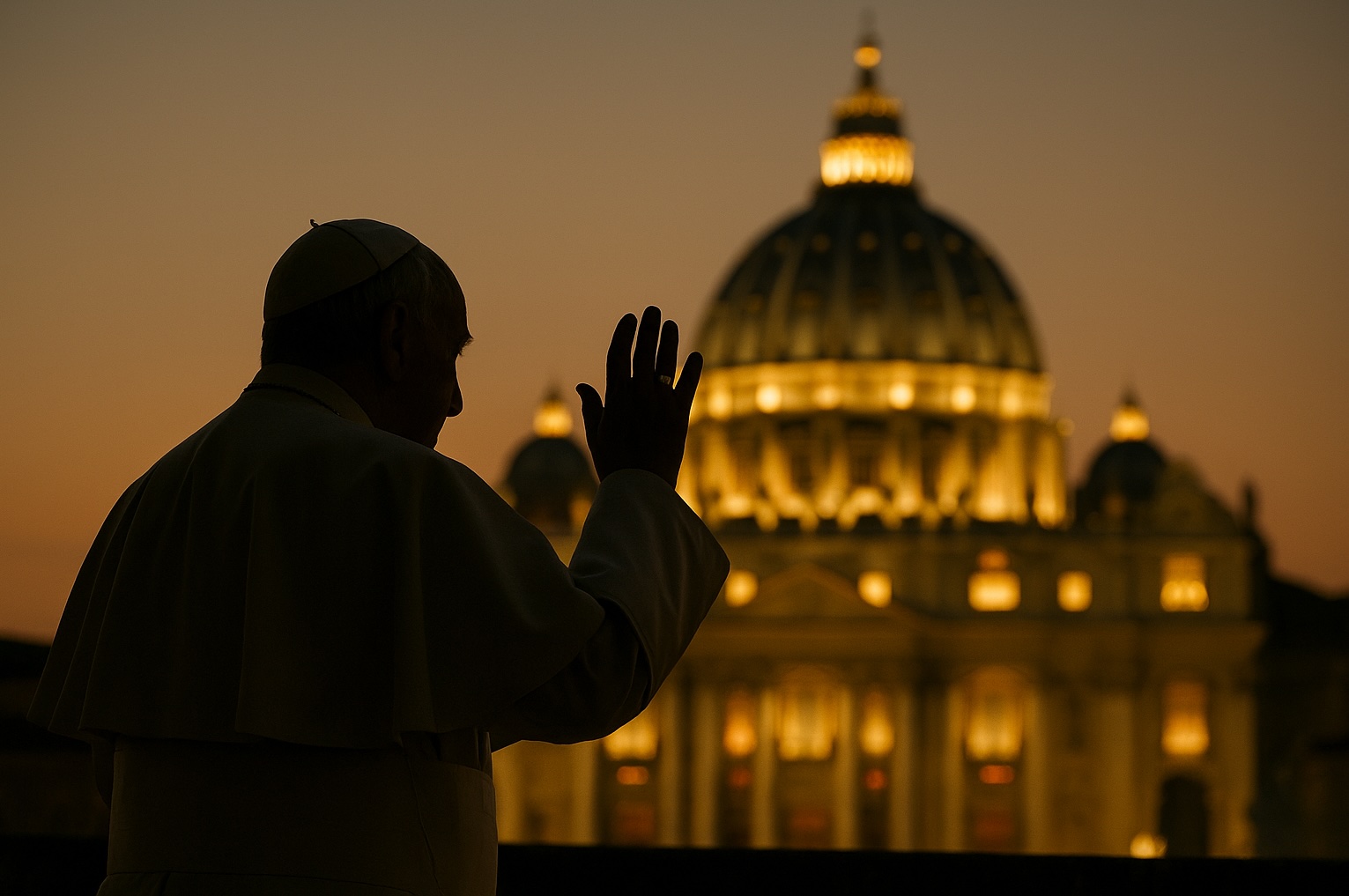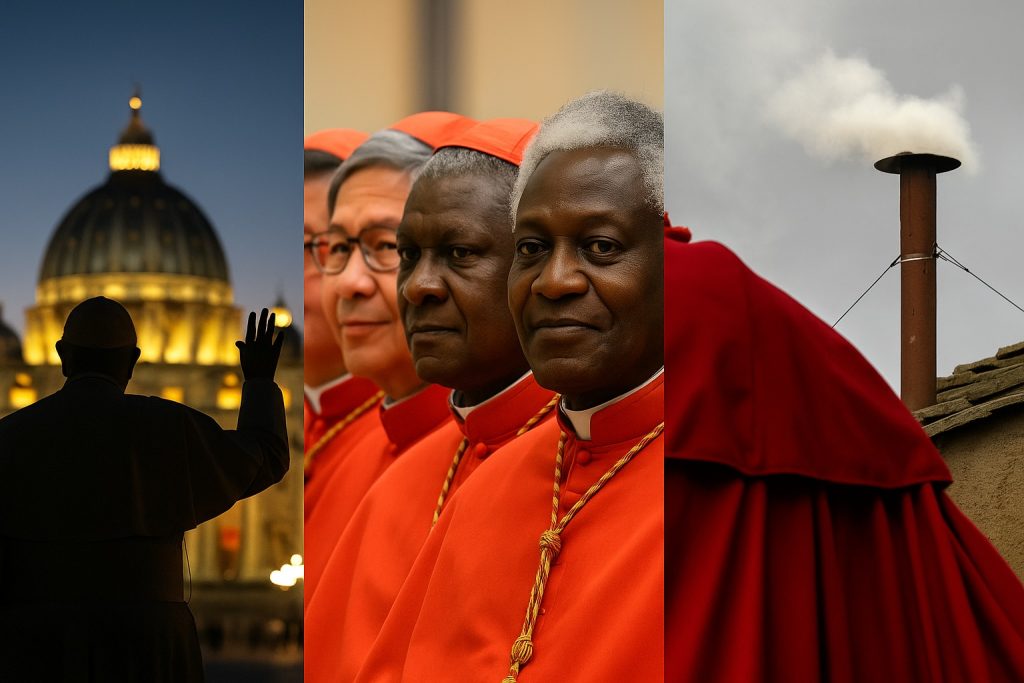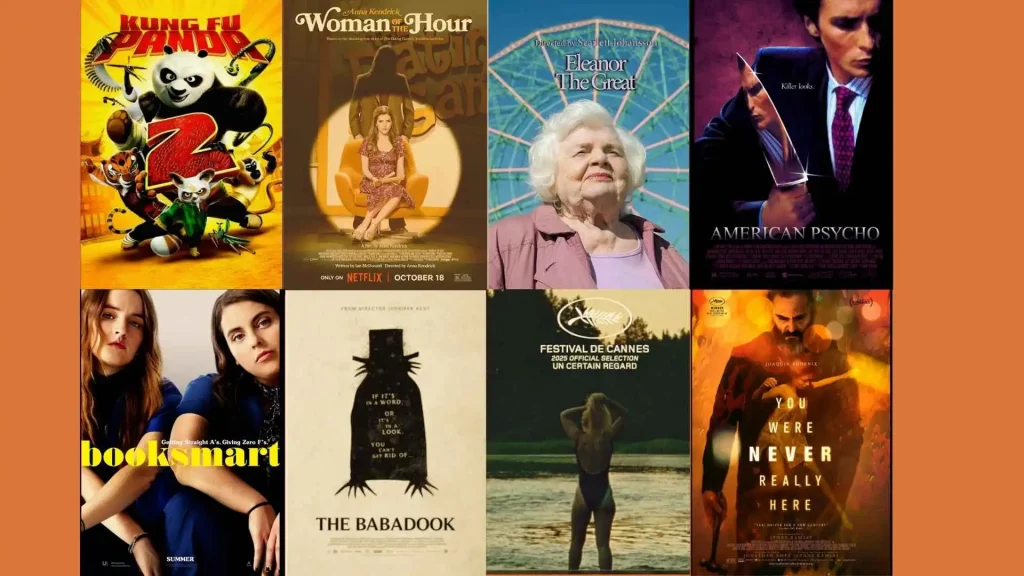Pope Francis’ death and legacy mark more than a papal passing, it’s a spiritual vacancy the Church now has to reckon with
Pope Francis is gone, and with him dies more than a man. He takes with him a language the Church had nearly forgotten: humility, spoken out loud.
In an age when institutions either collapse under scandal or hide behind glass. Francis walked through the world with his robes wrinkled, his words simple, and his heart strangely available.
He was not revolutionary in doctrine, but in posture.
He made the Church feel reachable, even if only for a moment.
He didn’t speak from above. He listened from below. He wept at borders. He embraced refugees. He called out the greed destroying both climate and community.

When Gaza burned, he broke the diplomatic playbook and grieved in real time, not as a politician, but as a human being.
From Farewell to White Smoke
For the Global South, those living through war, climate collapse, and displacement. Francis wasn’t just a Pope. He was a witness. His presence gave their suffering a name, and their names a place in Rome.
To Western conservatives, he was often too political. To the secular left, not political enough.
But for those in the margins, he was exactly what power rarely is: soft without being silent.
The Weight of Pope Francis’ Death and Legacy
And now, his death leaves a silence that feels heavier than history.
The conclave will come. The smoke will rise. But this time, it’s more than succession, it’s an open question of identity. What kind of Church does the world need now? And more dangerously: what kind of Church does the Church still want to be?
Pope Francis death and legacies, didn’t just leave a seat to fill.
He left a standard of moral imagination few institutions even dare attempt.
The next Pope won’t be measured by ritual. He’ll be measured by whether he can still see people where others see politics.
Keep Following the Storyline:







